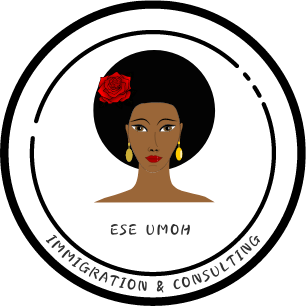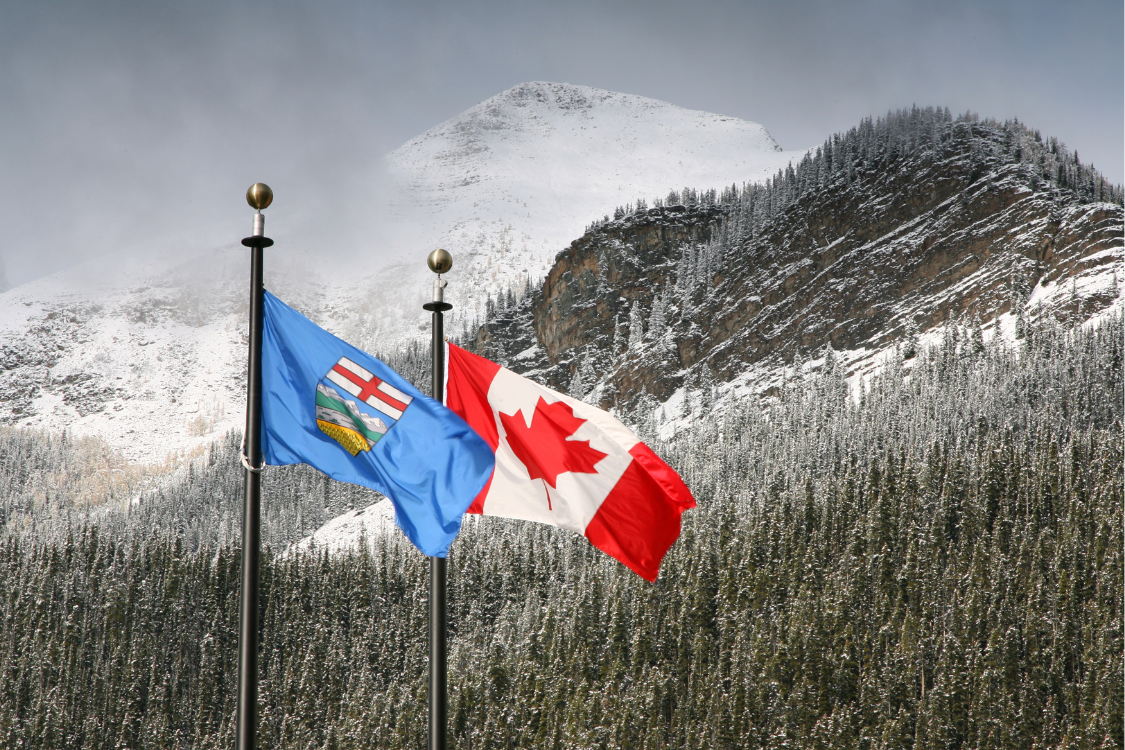Dear future neighbour,
As of August 28, 2024, a major shift in Canada’s immigration policy has been implemented: the IRCC has officially ended the policy allowing visitors to transition directly to work permits. Initially introduced during the COVID-19 pandemic, this policy was a significant measure to address labor shortages while minimizing disruptions for those already within Canada’s borders.
This change marks a significant alteration in how foreign nationals can move from a visitor status to obtaining authorization to work in Canada. This policy was meant to expire February 28, 2025 but IRCC has ended it on August 28, 2024. For those planning to come to Canada or already in the country, this update is crucial. Here’s everything you need to know about this policy change and how it might affect you.
What Was the Previous Policy?
The visitor to work permit policy was implemented in August 2020 as a temporary response to the unprecedented challenges posed by the pandemic. With travel restrictions in place and labor shortages in critical sectors, the Canadian government introduced this measure to enable visitors in Canada to transition to work permits without the need to exit and re-enter the country. This policy was seen as a flexible solution that helped both employers in need of workers and visitors looking for employment opportunities.
What Has Changed?
Effective August 28, 2024, the IRCC has put an end to this practice. Under the new policy, individuals who are in Canada as visitors must now apply for a work permit from outside the country. This means that if you are currently in Canada on a visitor visa and wish to switch to a work permit, you will need to leave the country and submit your application from abroad.
Why the Change?
The IRCC has indicated that the policy shift aims to:
– Enhance Immigration Control: By requiring visitors to apply for work permits from outside Canada, the new policy is expected to improve control over who is entering and working in the country.
– Prevent Abuse: The change is intended to address concerns about potential misuse of visitor visas for work purposes and ensure that all employment activities are conducted under proper authorization.
– Streamline Processing: The policy aims to streamline the immigration process by clearly delineating between different types of entry and stay, reducing complexities and potential administrative issues.
What Does This Mean for You?
If you are a visitor currently in Canada and you wish to transition to a work permit, here’s what you need to know:
1. Plan Your Departure: You will need to plan to leave Canada and submit your work permit application from your home country or another country where you are legally present.
For those who had applied for a work permit under the temporary policy before the deadline, IRCC has confirmed that their applications will still be processed under the rules that were in place when they applied. However, new applications will be subject to the standard regulations.
2. Review Eligibility Requirements: Ensure you meet all the eligibility requirements for the work permit you are applying for. This includes securing a job offer from a Canadian employer and meeting any specific criteria related to the work permit category.
3. Application Process: Follow the standard application process for work permits, which includes gathering necessary documents, such as a job offer letter, proof of qualifications, and other required forms.
4. Legal Status: Ensure that you maintain legal status in Canada until your departure. Overstaying a visitor visa can have negative implications for future travel and immigration applications.
5. Consult Professionals: Given the significant nature of this change, it might be beneficial to consult with an immigration lawyer or consultant to navigate the transition smoothly and understand how this policy update impacts your specific situation.
Impact on Future Visitors
For those planning to visit Canada in the future with the intention of finding employment, it’s crucial to understand that this policy change will require a different approach. Visitors should now be aware that they need to secure a work permit before arriving in Canada if they intend to work.
Conclusion
Employers and immigration consultants will also need to stay informed about the latest updates from IRCC to navigate the changing landscape effectively. While the end of this policy may present new challenges, Canada remains committed to welcoming skilled workers and addressing its labor market needs through established, transparent immigration processes.
The end of the visitor-to-work permit policy is a notable shift in Canada’s immigration landscape. While it may initially seem like a hurdle, this change aims to improve immigration controls and ensure that work permits are issued under the correct processes. If you’re affected by this change, it’s important to stay informed, plan accordingly, and seek professional advice if needed.
Need help putting in a work permit application, Expression of Interest, creating an express entry or provincial nomination profile, preparing your application after receiving an invitation to apply or even just reviewing an application you prepared yourself? Book a consultation or send us an email on info@eseumohimmigration.com










